Search Results
Showing results 41 to 60 of 337
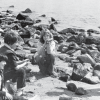
Beachcombing
Source Institutions
In this outdoor activity, learners become beachcombers as they walk on a sandy beach in search of evidence of life.
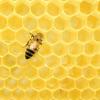
Honeycomb Geometry
Source Institutions
In this activity, learners will build a honeycomb. Learners will investigate how the shape of the honeycomb develops. Activity includes step-by-step instructions and extension ideas.
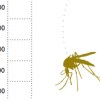
The Mosquito/El Mosquito: Interactive Sound Game
Source Institutions
In this online activity, learners test their ability to hear different frequencies and compare their frequency range with the frequency range of other animals and insects.
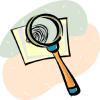
Fingerprint Identification
Source Institutions
In this activity (on page 2) about fingerprint analysis, learners use graphite from a pencil and scotch tape to capture their fingerprints.
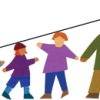
Line Up: Using Math To Stand In Line
Source Institutions
Put math of measurement into lining up — and make waiting in line fun. Choose a size characteristic that learners can physically compare, such as foot length or hair length.
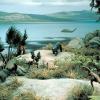
Dinosaur Homes
Source Institutions
In this activity about dinosaurs and survival, learners use scrap materials to create a miniature dinosaur habitat that includes a food source, water source, and shelter.
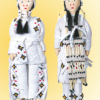
Plenty on the Plains
Source Institutions
In this activity, learners compare the ways of life of Plains Native Americans who hunted and moved frequently to follow the buffalo herds, and Native Americans who farmed and lived in more permanent
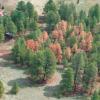
Bark Beetle Infestation Investigation: Estimation and Pheromones
Source Institutions
This activity investigates how bark beetles can threaten forests by having learners estimate the number of infected trees from a photo.
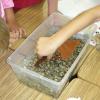
Crayfish Investigations
Source Institutions
This activity has learners interacting with live crayfish, but could be adapted for a variety of similar hardy and interesting organisms.
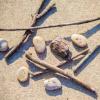
Making Music in Nature
Source Institutions
In this activity, learners will explore the ways natural materials can produce sounds. Appropriate for any age, learners can make individual music or create a symphony with others.
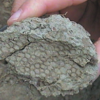
What is a Fossil?
Source Institutions
In this activity about dinosaurs, learners explore how and why fossils form. First, learners are introduced to dinosaur fossils by reading the book "Bones, Bones, Dinosaur Bones" by Byron Barton.
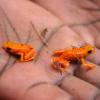
Dress Like a Frog
Source Institutions
In this activity, learners will discover what it takes to be a frog. By dressing up like one, learners can visualize how each part of the frog plays an important role in surviving its habitat.
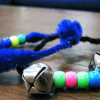
Build a Bell Bracelet
Source Institutions
Learners make bell bracelets, place them on their wrists or ankles, and then dance to the rhythms and sounds the bells make. Many cultures use ankle or wrist bells to make music during dancing.
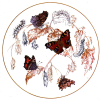
Butterfly Symmetry Painting
Source Institutions
This activity (on page 3 of the PDF) has learners create models of butterfly wings.
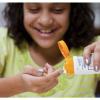
Invisible Sunblock
Source Institutions
In this activity, learners find out why some mineral sunblock rubs in clear. Learners compare nano and non-nano sunblocks and discover how particle size affects visibility.
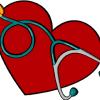
Stethoscope
Source Institutions
Make a copy of the first stethoscope with only a cardboard tube! René Laennec invented the first stethoscope in 1819 using an actual paper tube!

Pollinator Bath
Source Institutions
In this activity, learners will build a design and build a place for pollinators to drink from.
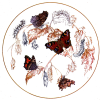
Build a Bug
Source Institutions
In this activity (on page 2 of the PDF), learners use art supplies to build models of insects, both real or imagined.
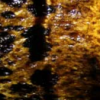
Amphibian Skin
Source Institutions
In this activity, learners explore the concept of permeability to better understand why amphibians are extremely sensitive to pollution.
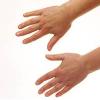
Go with the Flow
Source Institutions
In this activity, learners discover how hard their hearts work to pump blood.
